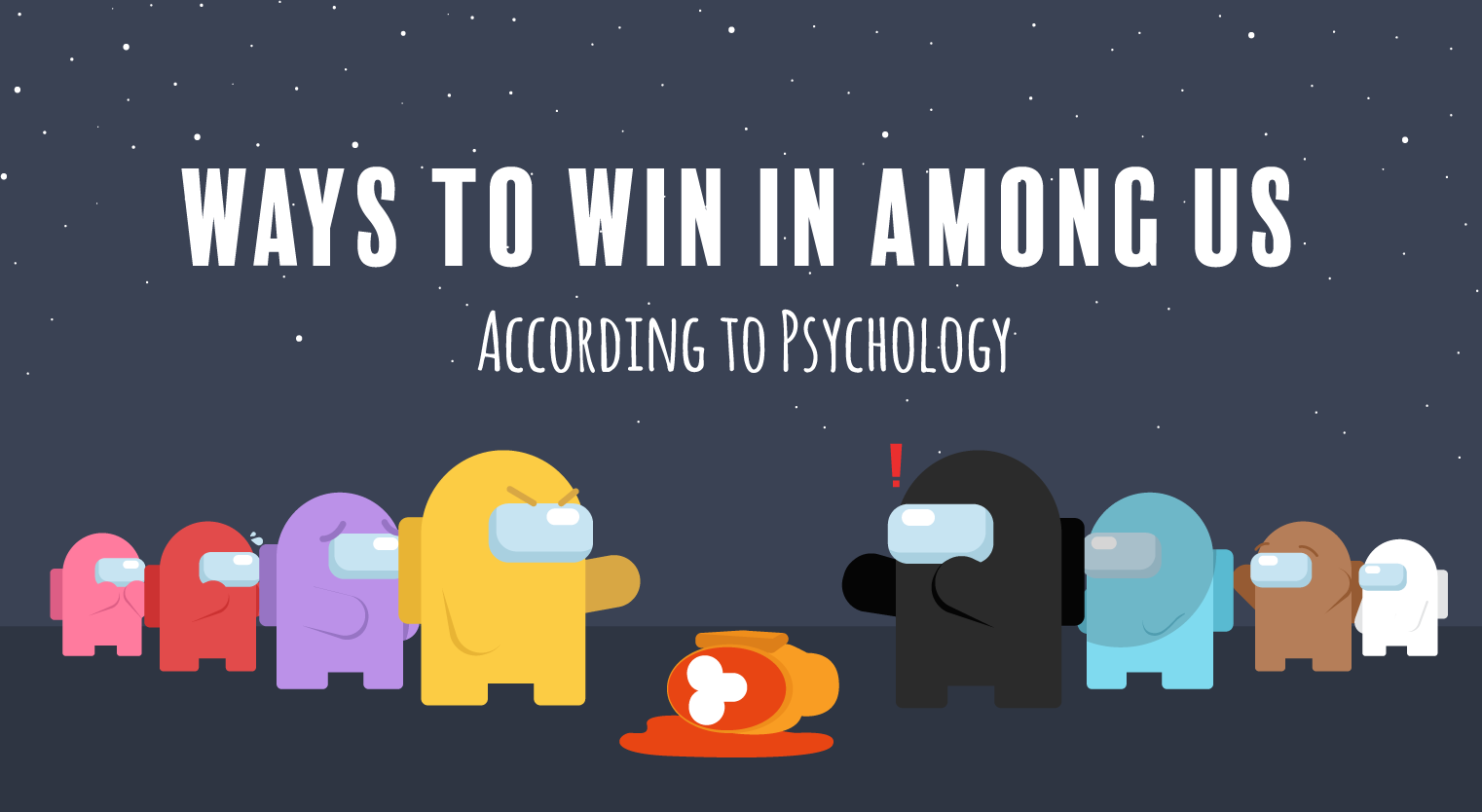So You Wanna Be a Psychologist? 7 Major Branches of Psychology That You Should Know
The psychology field is vast with plenty of specialisations. Find out the major types of psychologists and what they do.
Updated 28 Jul 2022

When you think of a psychologist, do you imagine a comfy couch, a pair of listening ears and a hypnotic pendulum? Well… you’re not far off. What you’re picturing is probably the role of a therapist or clinical psychologist.
But there’s more to psychology than that. In fact, there’s a slew of psychology specialties and professions, all with different roles and responsibilities.
So if you’re thinking of becoming a psychologist, here are 7 major branches of psychology that you can specialise in after completing your psychology degree.
#1. Clinical psychology

Clinical psychology peeks into the causes, diagnosis and treatments of mental illnesses, abnormal behaviours and psychiatric disorders. This includes issues such as bipolar disorder, anxiety and panic disorders, post-traumatic stress disorder (PTSD) and eating disorders.
Clinical psychologists are skilled in conducting psychological assessments and diagnosis, clinical formulation, and psychotherapy. Their role is to assess the cause of psychological distress and develop a long-term treatment plan for recovery. While clinical psychologists may work in a medical setting, do not mistake them for psychiatrists as psychologists cannot prescribe medication. Instead, they use psychological therapies (psychotherapy) to help patients.
To practise clinical psychology, you’ll need to be registered with the Malaysian Allied Health Professions Council and Malaysian Society of Clinical Psychology. Thereafter, you may take up the role of a therapist for individuals experiencing psychological crises or psychiatric disorders in academic settings, private practices, hospitals, NGOs and other clinical centres.

Monash University Malaysia
Bachelor of Psychology
✓Accredited by the Australian Psychology Accreditation Council (APAC)
#2. Counselling psychology

Counsellors are considered the “advisors” in the psychology field. Their patients are not limited to those who have been diagnosed medically as they deal with a wide range of everyday concerns and mental distresses around family, work, marriage and health.
Their role involves helping others better understand themselves and solve adversities on their own through well-planned strategies and end goals. The treatments are often short term but they strive to enhance the client’s decision making skills, improve their ability to establish boundaries and boost their emotional and social health within the allocated plan.
As a counsellor, you need to be registered with the Lembaga Kaunselor Malaysia in order to practise. This enables you to take on various counselling roles in different settings such as schools, universities, community centres, NGOs and corporations.
DID YOU KNOW
Counsellors and clinical psychologists / therapists are often used interchangeably but they, in fact, carry different roles and responsibilities. Learn the difference between them here.

#3. Health psychology

Are you more interested in how health plays a role in our society? Perhaps you’ve got ideas that could contribute to a healthier lifestyle. The answer you’re looking for is health psychology.
Health psychology looks at how biological, psychological and social factors influence health and illness. This includes unhealthy behaviours such as emotional eating, drinking, smoking and drug consumption. For instance, there could be several factors why someone is overweight (a health issue) — it could be due to hormonal imbalance (biological), stress (psychological) and/or cultural influences (social).
Health psychologists seek to understand the underlying factors, patterns and emotions that drive unhealthy behaviour before constructing a management plan.
To become a health psychologist, you will need a postgraduate qualification in the field. Thereafter, you can apply your expertise in various settings including hospitals, rehabilitation centres and primary care programmes, private practices, health corporations and NGOs.
PRO TIP
Want to get a taste of health psychology? A psychology degree typically covers a health psychology module and psychobiology to give students well-rounded knowledge of the field. Learn more about studying a psychology degree here.
#4. Occupational psychology

Occupational psychology, or industrial psychology, is a field that deals with the workplace. An occupational psychologist seeks to boost productivity, efficiency and job satisfaction of employees in an organisation.
As an occupational psychologist, your job scope requires you to apply theoretical knowledge and practices to manage issues in the workplace. This includes counselling and personal development, employee relations and motivation, and occupation well-being. You may also be responsible for ergonomics and workplace design to ensure employees receive optimum comfort and convenience that can increase productivity.
To be an occupational psychologist, you’ll need a postgraduate degree after completing a degree in psychology. In terms of job prospects, opportunities are more available at large organisations, often in the private sector.
Apply for university with EduAdvisor
Secure scholarships and more when you apply to any of our 100+ partner universities.
Start now#5. Educational psychology

Passionate about the education field and love working with children and young people? If so, educational psychology might be for you.
Educational psychology deals with the teaching and learning developments, and education issues, in the early process of childhood and adolescence. This includes managing concentrating difficulties, learning disabilities (e.g. dyslexia, ADHD, dyscalculia, dysgraphia, dyspraxia), autism, physical difficulties and even giftedness.
Educational psychologists will need to consider various factors such as behaviour, cognition, intelligence as well as school and home environment before constructing a proactive approach to tackle issues. Not only do they come up with psychological assessments and organise group interventions for the children, but they also consult with parents, schools and other professionals to discuss and strategise the best ways to help them.
While most educational psychologists work in schools, colleges and nurseries, they can also be found working in social services, private practices and research. As with the other branches of psychology, postgraduate qualification will be required.

Monash University Malaysia
Bachelor of Psychology
✓Accredited by the Australian Psychology Accreditation Council (APAC)
#6. Sports & exercise psychology

While sports coaches and trainers strategise game plans, sports psychologists help athletes on a deeper level by improving their mental wellness for better performance.
These experts apply scientific research and psychological techniques to improve athletic performance through mental training. Some of these include helping athletes cope with performance fears (e.g. anxiety, fear of failure), improve mental skills (e.g. focus, confidence, composure), improve training effectiveness and cope with returning from an injury.
Moreover, their patients are not limited to athletes and sports players but also anyone that’s part of the sports industry. Sports psychologists cancarry out counselling for referees to deal with the demanding aspects of their role as well as advise coaches on how to build unity and harmony within the sports team.
So, if you consider yourself a sports enthusiast with a passion for helping people, this field is perfect for you.

#7. Forensic psychology

If you’re interested in exploring the legal system from a psychological standpoint, consider pursuing forensic psychology.
Forensic psychologists apply psychological concepts to the legal field and criminal investigation. Their role includes working with criminals and offenders to provide treatment, conducting psychological assessments, giving expert evidence in court and undertaking statistical analysis for criminal profiling. Cases could range from criminal offences to insurance claims and child custody disputes.
Forensic psychologists don’t only work with law enforcements and courts despite handling legal cases. They also work in other settings such as hospitals, mental health facilities, forensic laboratories, universities, private practices and research.
While there are postgraduate degrees in forensic psychology, you can also pursue this career by pursuing clinical psychology or counselling psychology before specialising in forensic psychology.
We hope this gives you some insight on which field of psychology you’d like to dip your toes in! But before you plunge headfirst into a psychology programme and righteously declare yourself as a “psychologist”, bear in mind that specialisations are only feasible on a postgraduate level. While a bachelor’s degree fills you in with the fundamentals of psychology, a master’s degree is usually where all the fun begins!






